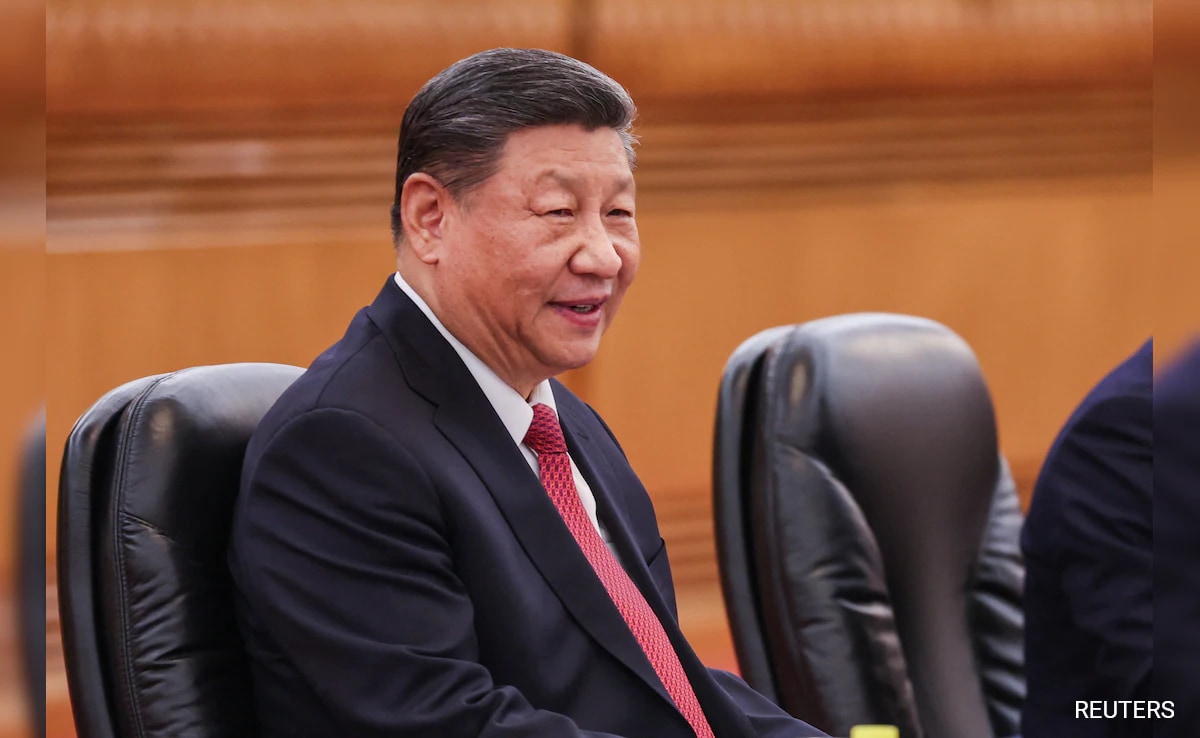A 22-member delegation from Bangladesh, including politicians and activists, is on a 10-day goodwill visit to China, aimed at strengthening bilateral ties amid rising tensions with India. The delegation, led by BNP’s Abdul Moyeen Khan, will meet Chinese officials and discuss collaboration. Relations with India have soured following the exile of former Prime Minister Sheikh Hasina and Delhi’s refusal to extradite her. As China seeks to expand its influence in the region, Bangladesh’s significant population and trade relationship present opportunities. Analysts suggest the visit may further align Bangladesh closer to China, particularly as the country prepares for upcoming elections.
A major diplomatic event is taking place as a delegation of 22 members from Bangladesh, including political figures, civil society leaders, academics, and journalists, embarks on a 10-day trip to China. This “goodwill visit,” initiated by Beijing, is intended to reinforce relations between the two countries amidst escalating tensions between Dhaka and New Delhi.
“It’s fundamentally a goodwill visit, initiated by Beijing,” stated Abdul Moyeen Khan, a senior member of the Bangladesh Nationalist Party (BNP), in an interview with the BBC.
“This is distinctive because China has invited a team that represents diverse groups within Bangladesh,” he further explained.
The delegation, spearheaded by Khan, is set to engage in talks with officials from the Chinese government and senior members of the ruling Communist Party.
This visit comes at a time when diplomatic relations between India and Bangladesh have been increasingly strained. Former Prime Minister Sheikh Hasina has found refuge in India since her removal from power in August, and Delhi has turned down Dhaka’s plea for her extradition. Hasina’s administration faced backlash for its crackdown on dissenters, which led to roughly 1,400 fatalities, as reported by the UN.
China has been enhancing its interactions with Bangladeshi leaders, activists, and delegations, including those from Islamist factions. This week’s visit follows a January meeting between the interim government’s foreign policy advisor, Touhid Hossain, and Chinese Foreign Minister Wang Yi. The BNP has also made its second trip to China in recent months, underscoring Beijing’s attempts to fortify its presence in Bangladesh.
Analysts point out that China’s diplomatic engagement is largely motivated by its ambition to increase its influence within the region. With a population of around 170 million, Bangladesh represents a significant opportunity for China. The bilateral trade between the two countries amounts to approximately $24 billion, mainly driven by Chinese exports.
Conversely, India has had limited engagements with the interim Bangladeshi government and leadership in the past six months, as reported by the BBC. The BNP has protested against India’s alleged meddling in Bangladesh’s domestic affairs, prompting a strong reaction from Delhi. External Affairs Minister S Jaishankar stressed that it is up to Bangladesh to decide “what kind of relationship they want with us”.
As tensions intensify between Dhaka and Delhi, some analysts believe that Bangladesh may gravitate closer to China. Chinese analyst Zhou Bo remarked to BBC that India should not view the entire subcontinent as its sphere of influence, stating, “I don’t believe India should consider the whole subcontinent to be under Delhi’s sphere of influence. That mindset could lead to India’s suffering.”
Amidst these developments, Bangladesh is gearing up for upcoming elections, which are expected to take place by December this year or March next year. The interim government, led by Nobel laureate Muhammad Yunus, has been calling on India to repatriate Hasina to face charges relating to crimes against humanity and money laundering.
